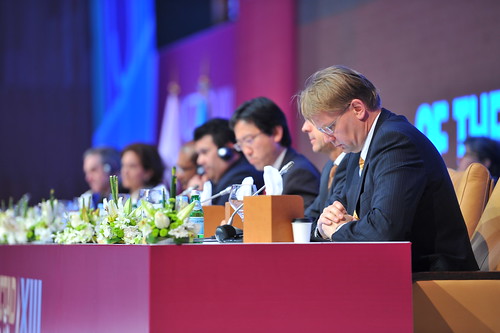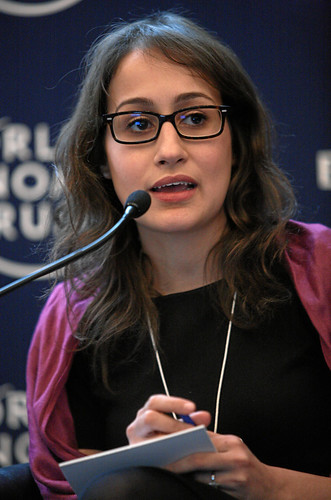Some recent appearances on the internets:
I wrote about birth kits for the Disruptive Women in Healthcare blog. I love that blog, so it was a big thrill to be asked to contribute.
I talked to Hildy Gottlieb about community and connectedeness, for philanthropy.com. It’s a podcast, which is very cool.
I was quoted in this somewhat superficial Mother Jones article on TOMS shoes and the BOGO model. (In fact, what they quoted was my very old aidwatch post on not sending used junk to Haiti. I am starting to think that one post may be my biggest legacy to international aid.)
Dave Algoso wrote a nice review of my global health book. Among other things, he points out that it’s very, very short so you shouldn’t worry that reading it will be a major time commitment. (Side note: my mother recommends skipping the chapter on TB because it’s really really scary.)
Should you wish to follow me, I’m on twitter with a steady stream of articles on health, development, random personal commentary, and occasional request for proofreaders. I don’t automatically follow back, or my head would explode, but I do pay attention to my followers.
AidSource is the social network for aid workers. I cofounded it with J from Tales from the Hood and Shotgun Shack. It just crossed a thousand members, and it’s an amazing community of people all over the world who are involved in aid and development. It has already become an essential professional resource for me, and a great way to meet new people. Right now, AidSource is a labor of love – the three of us are funding it out of pocket. Our hope is to someday make it self-sustaining.







